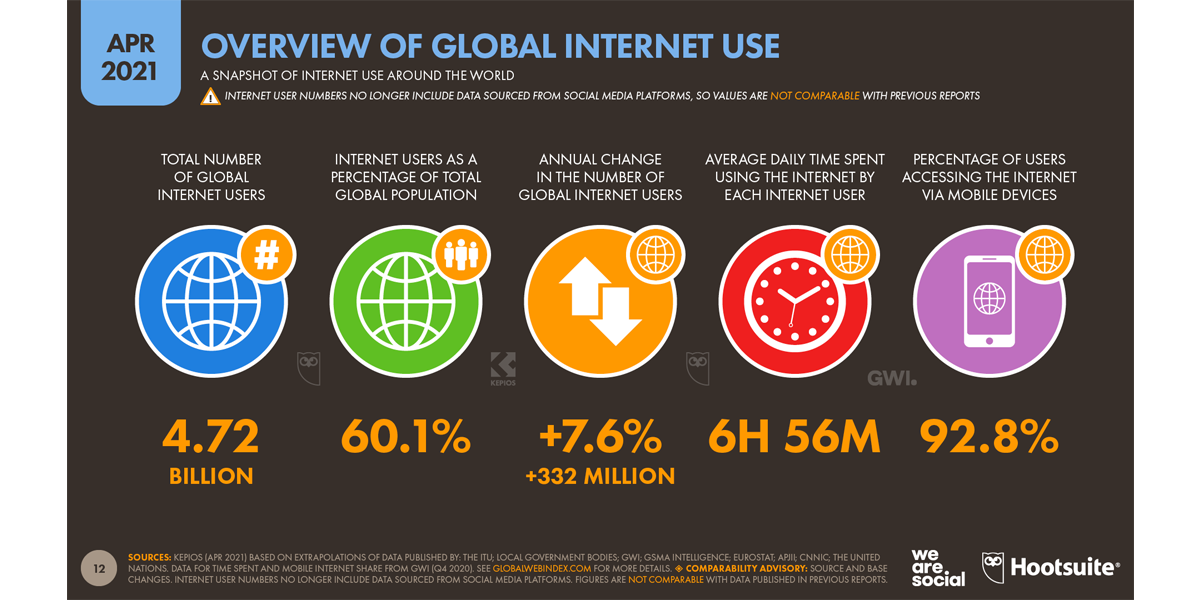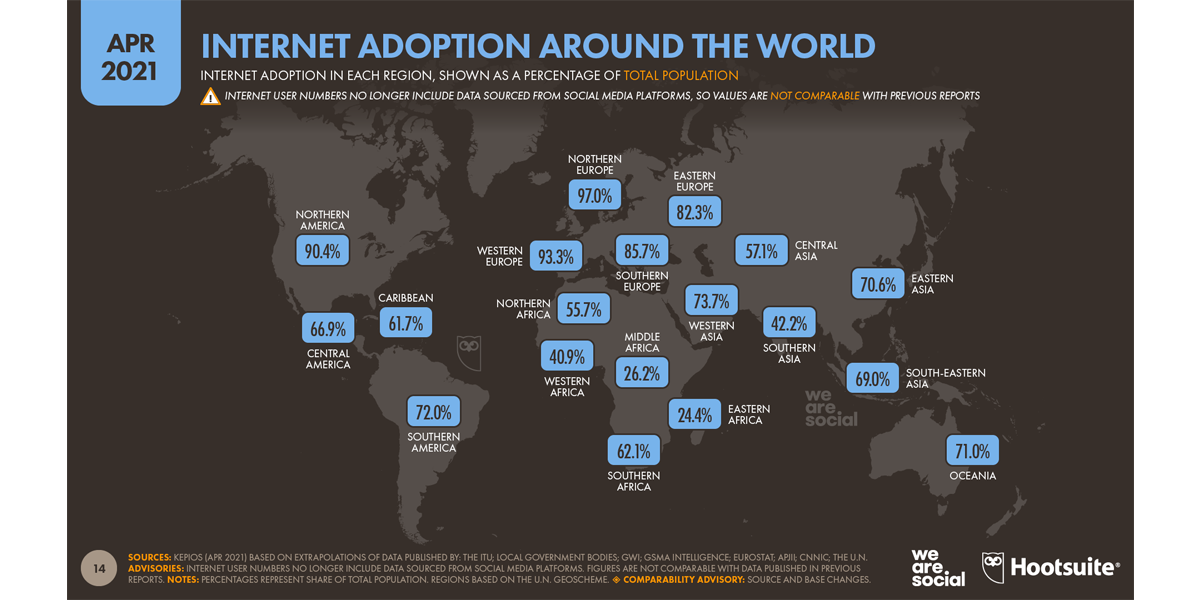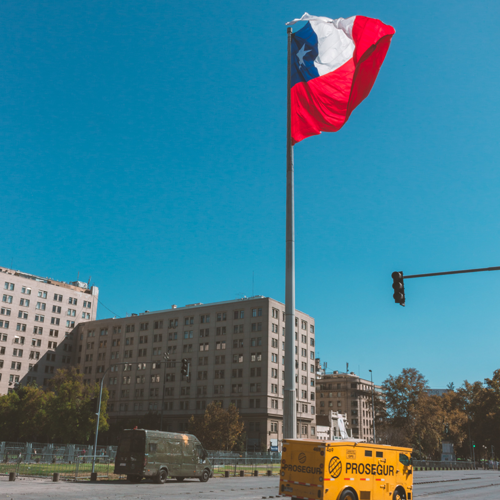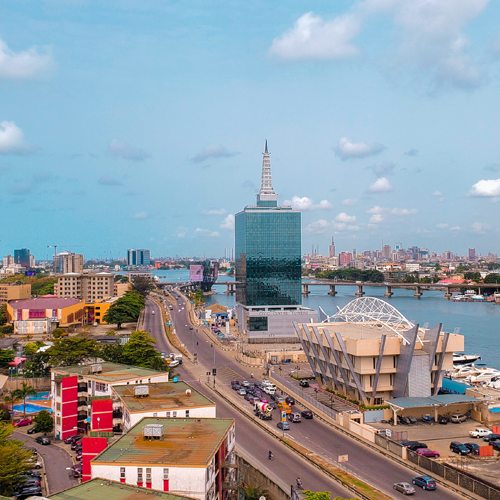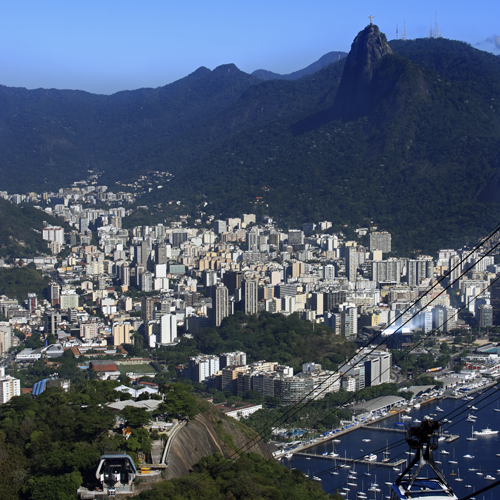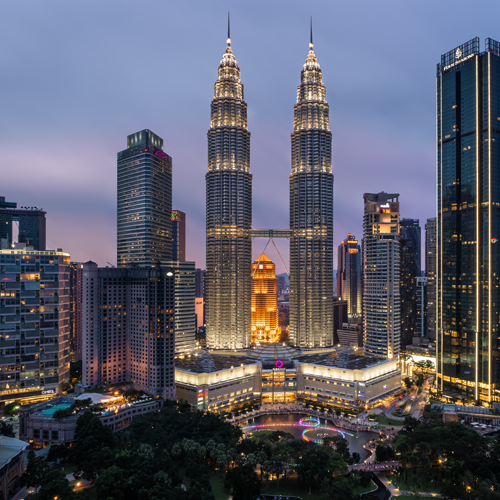A look at selected global broadband stimulus projects

More than 60 percent of the world’s population is now online, according to Datareportal’s Digital 2021 report (April 2021). However, more than 3.1 billion people around the world people remain ‘unconnected’. What’s more, in many ‘connected’ area, Internet speeds and reliability remain an issue. Around the world, different approaches are being taken to change this….
Chile invests USD 68 m in bringing fibre to 468 localities
According to business daily Diario Financiero, the Chilean regional governments of Maule, Aysen, Biobio and Los Lagos have approved investments worth approximately US$ 68m to bring fibre to 468 localities. These regions have approved projects from telecommunications regulator Subtel, who are allocating US$ 215m to bridge the digital divide countrywide.
Chile is currently doubling its fibre capacity through the National Fibre Optic (FON) project that will bring 10,000 kilometres of cables to 13 regions. The Latin American Internet speed rankings published by Ookla’s Speedtest service show Chile reached an average download speed of 129.1 Mb/s in Q3 2020.
Austrian government approves EUR 1.4 bn in broadband funding
Austria's national broadband strategy aims at full coverage of symmetric Gigabit connections throughout the country by 2030. The government is allocating EUR 1.4 bn in additional funding to accelerate fast broadband expansion. The government plans to provide nationwide Gb connections by 2030. At present, 43 percent of Austrian households have gigabit access.
Nigeria progressing with broadband plan 2020-2025
The Nigerian National Broadband Plan 2020 – 2025 has been designed to deliver data download speeds of at least 25Mb/s in urban areas, and 10Mb/s in rural areas countrywide. By 2025, effective coverage is to be available to at least 90% of the population at a price per 1GB of data equal to 2% of median income or 1% of minimum wage. The Plan should bring job creation, improved socio-economic development and sustained economic growth.
Banco do Brasil brings freeWi-Fi to up to 500 municipalities
Government-owned financial institution Banco do Brasil is providing up to 500 cities with free high-speed Internet, as part of an agreement with the country’s Ministry of Communications. In January 2021, internet penetration in Brazil stood at 75.0%.
Major investments in Malaysia
A US$57.7 bn Economic Stimulus Package from the Malaysian government is made up of multiple packages in collaboration with telecommunications companies, including efforts to improve the country’s telecom networks and provide free Internet. The Malaysian Communications and Multimedia Commission (MCMC) is investing up to US$0.73 bn on works related to the National Fibre and Connectivity Plan (NFCP). The NFCP provides the strategic direction for the implementation of policies and initiatives whilst creating an ecosystem to facilitate adoption of future technologies.
